Dreamland
by Edgar Allan Poe
By a route obscure and lonely,
Haunted by ill angels only,
Where an Eidolon, named Night,
On a black throne reigns upright,
I have reached these lands but newly
From an ultimate dim Thule—
From a wild weird clime that lieth, sublime,
Out of Space—out of Time.
Bottomless vales and boundless floods,
And chasms, and caves, and Titan woods,
With forms that no man can discover
For the dews that drip all over;
Mountains toppling evermore
Into seas without a shore;
Seas that restlessly aspire,
Surging, unto skies of fire;
Lakes that endlessly outspread
Their lone waters—lone and dead,
Their still waters—still and chilly
With the snows of the lolling lily.
By the lakes that thus outspread
Their lone waters, lone and dead,—
Their sad waters, sad and chilly
With the snows of the lolling lily,—
By the mountains—near the river
Murmuring lowly, murmuring ever,—
By the gray woods,—by the swamp
Where the toad and the newt encamp,—
By the dismal tarns and pools
Where dwell the Ghouls,—
By each spot the most unholy—
In each nook most melancholy,—
There the traveller meets aghast
Sheeted Memories of the past—
Shrouded forms that start and sigh
As they pass the wanderer by—
White-robed forms of friends long given,
In agony, to the Earth—and Heaven.
For the heart whose woes are legion
‘Tis a peaceful, soothing region—
For the spirit that walks in shadow
‘Tis—oh, ’tis an Eldorado!
But the traveller, travelling through it,
May not—dare not openly view it;
Never its mysteries are exposed
To the weak human eye unclosed;
So wills its King, who hath forbid
The uplifting of the fringed lid;
And thus the sad Soul that here passes
Beholds it but through darkened glasses.
By a route obscure and lonely,
Haunted by ill angels only.
Where an Eidolon, named Night,
On a black throne reigns upright,
I have wandered home but newly
From this ultimate dim Thule.
1844
###
Edgar Allan Poe (1809-1849) was an American writer, poet, critic and editor best known for his tales of mystery and horror. He is considered a central figure in the American Romantic movement and was one of the first American practitioners of the short story.
Poe was born in Boston to actress Elizabeth Arnold Hopkins Poe and actor David Poe Jr. His father abandoned the family when Poe was a toddler and his mother died of tuberculosis when he was two, leaving him orphaned. He was taken in by the wealthy tobacco merchant John Allan and his wife Frances in Richmond, Virginia.
Though never formally adopted, Poe took Allan as his middle name. He had a strained relationship with John Allan who did not support his literary ambitions. As a young man Poe attended the University of Virginia but was forced to drop out due to lack of funds.
His publishing career began in 1827 with the poetry collection Tamerlane and Other Poems. In 1835 he became editor of the Southern Literary Messenger in Richmond. He later lived in Philadelphia working as editor for magazines like Burton’s Gentleman’s Magazine and Graham’s Magazine.
It was during this time that Poe established himself as a critical reviewer and published many of his most famous stories, including “The Fall of the House of Usher,” “The Tell-Tale Heart,” “The Pit and the Pendulum,” and “The Murders in the Rue Morgue.”
Known for his Gothic, macabre themes and melancholic tone, Poe pioneered the modern detective story and helped define early science fiction. He married his cousin Virginia Clemm in 1836 who died of tuberculosis in 1847. Poe himself died under mysterious circumstances at the age of 40 in 1849.
Though not widely recognized during his lifetime, Poe’s stories and criticism have had a profound and lasting influence on American and international literature. He is now considered one of the most significant writers of the 19th century.
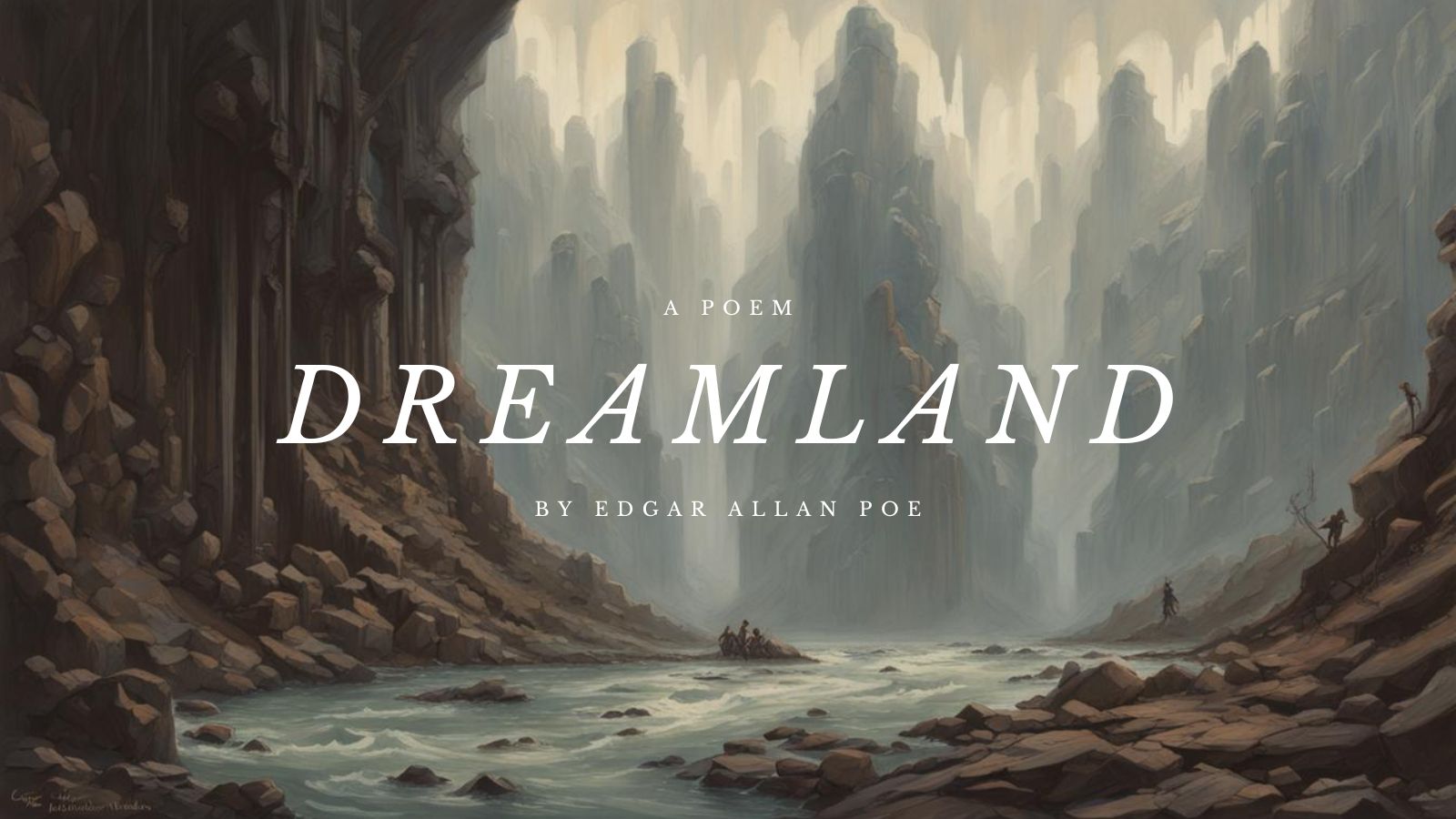
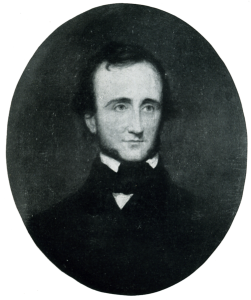
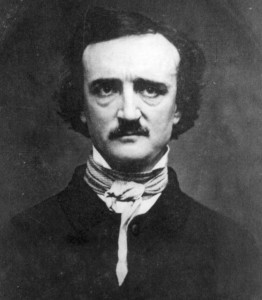
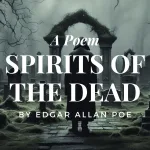
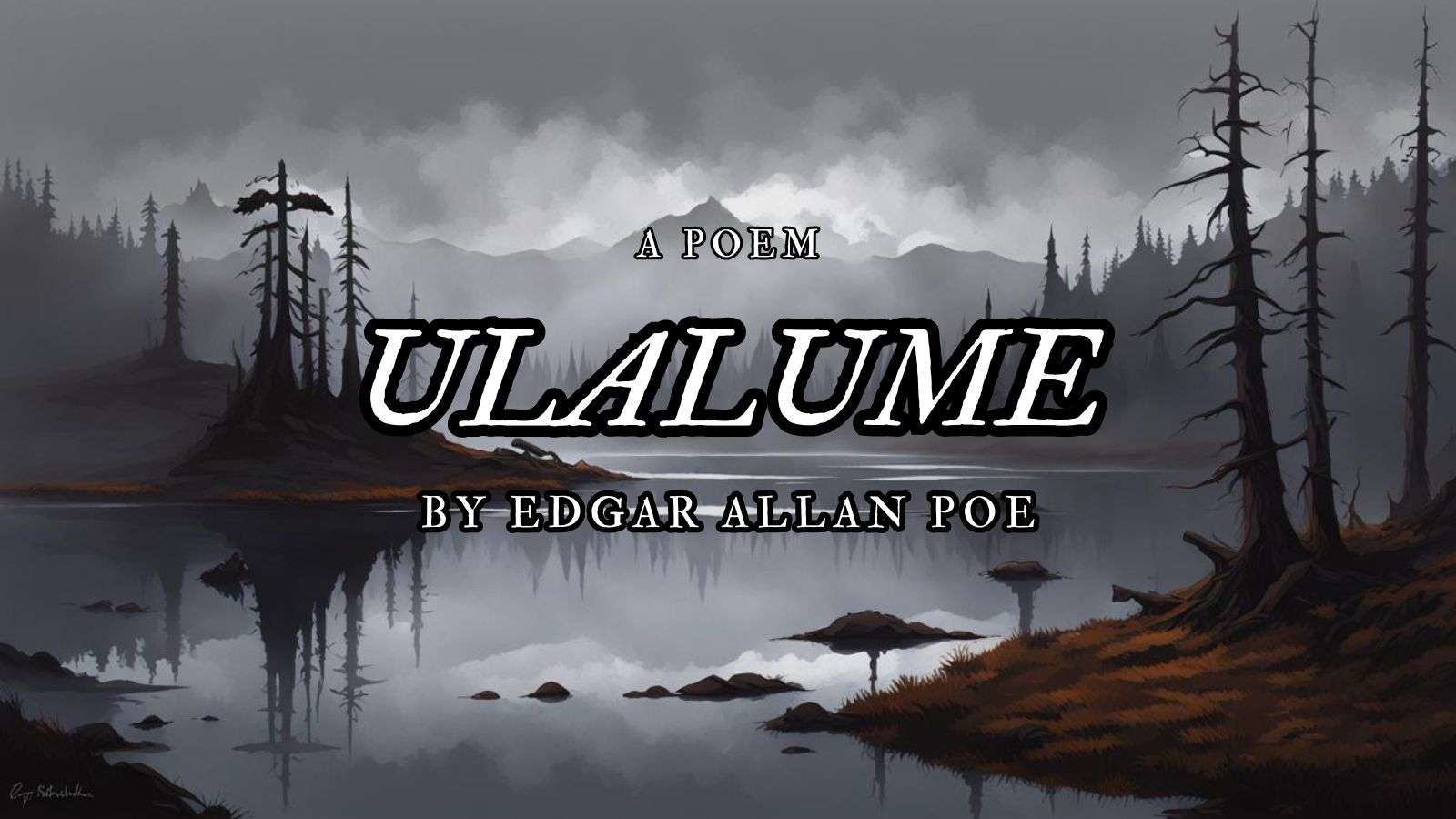
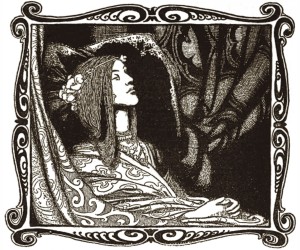
Leave a Reply